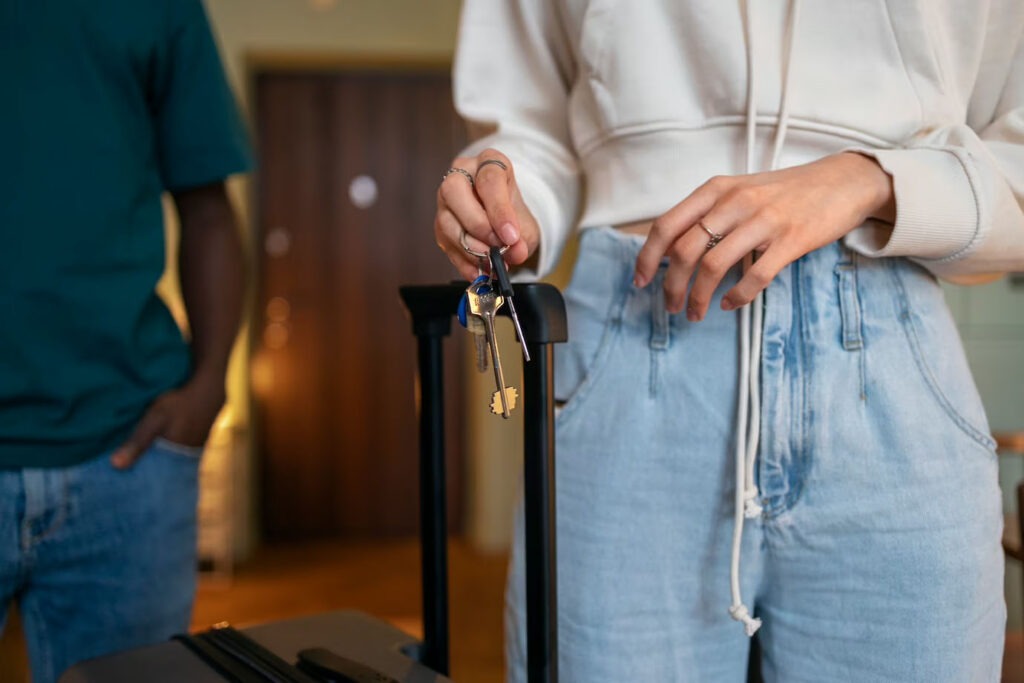Travel & Stay Assistance
1. Research and Plan Ahead
Before embarking on your study abroad journey, it is crucial to thoroughly research and plan for your travel and stay. Look into visa requirements, flight options, and accommodation choices well in advance to ensure a smooth transition.
2. Seek Assistance from Study Abroad Programs
Many universities and colleges offer study abroad programs that provide comprehensive assistance for travel and stay. These programs often have dedicated staff members who can guide you through the process and help with visa applications, flight bookings, and finding suitable accommodation.

3. Connect with Alumni and Fellow Students
Reach out to alumni and fellow students who have previously studied abroad in the same destination. They can provide valuable insights and recommendations for travel and stay arrangements. They may also be able to connect you with local resources and support networks.
4. Utilize Online Platforms and Resources
There are numerous online platforms and resources available to assist with travel and stay arrangements. Websites like Airbnb, Booking.com, and Hostelworld offer a wide range of accommodation options at different price points. Additionally, websites such as Skyscanner and Kayak can help you find the best deals on flights.
5. Consider Homestays or Shared Accommodation
If you are looking for an immersive cultural experience and want to interact with locals, consider opting for a homestay or shared accommodation. This not only provides a more authentic experience but can also be more cost-effective.
6. Purchase Travel Insurance
Travel insurance is essential when studying abroad as it provides coverage for medical emergencies, trip cancellations, and lost belongings. Make sure to research and purchase a comprehensive travel insurance plan that suits your needs.
7. Familiarize Yourself with Local Transportation
Before arriving at your study abroad destination, familiarize yourself with the local transportation options. Research the public transportation system, including buses, trains, and trams, as well as any student discounts or passes available. This will help you navigate the city more efficiently and save money on transportation costs.
8. Stay Safe and Informed
Lastly, prioritize your safety and stay informed about the local laws, customs, and potential risks. Register with your country’s embassy or consulate upon arrival and keep emergency contact numbers handy. Stay updated on travel advisories and follow any safety guidelines provided by your study abroad program or university.
By following these tips and utilizing the available resources, you can ensure a smooth and hassle-free travel and stay experience while studying abroad.

